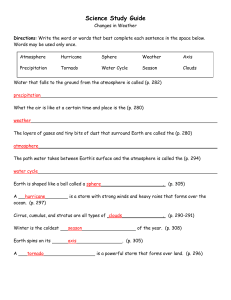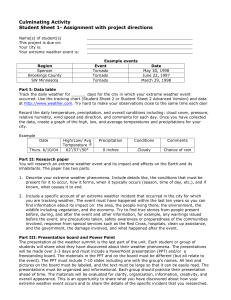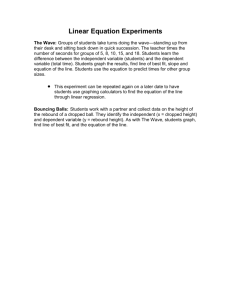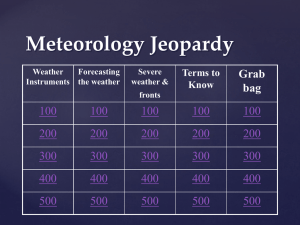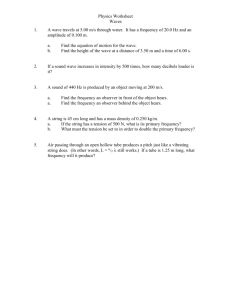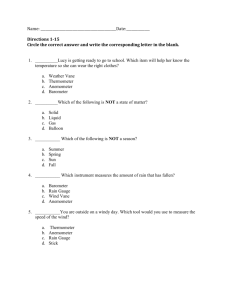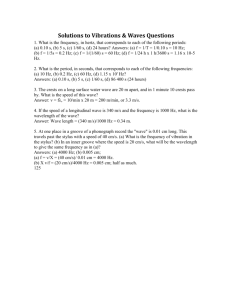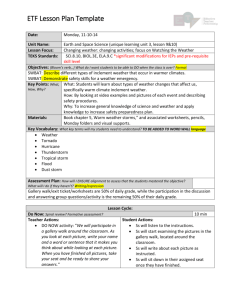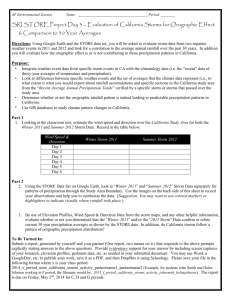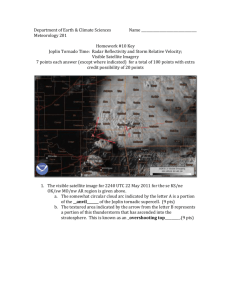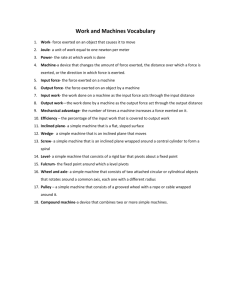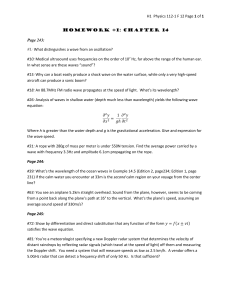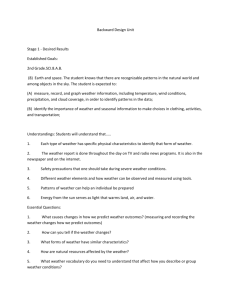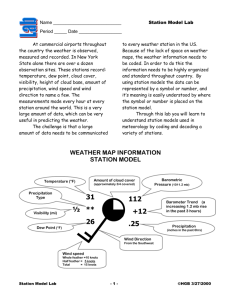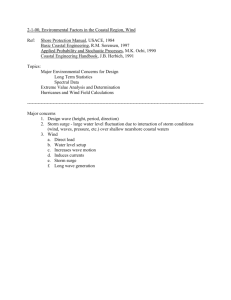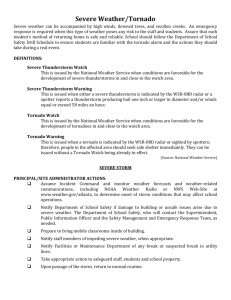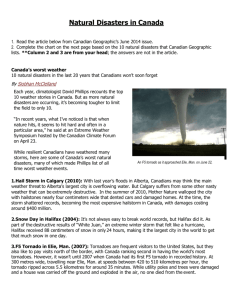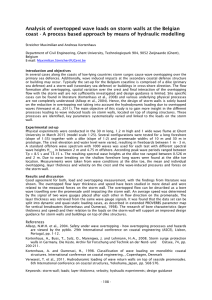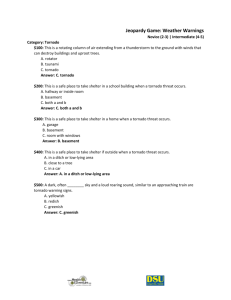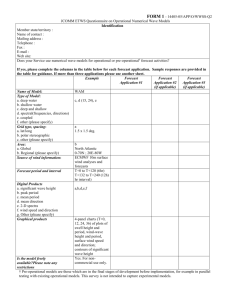pc NATION BIG FIFTY (completed)-1
advertisement
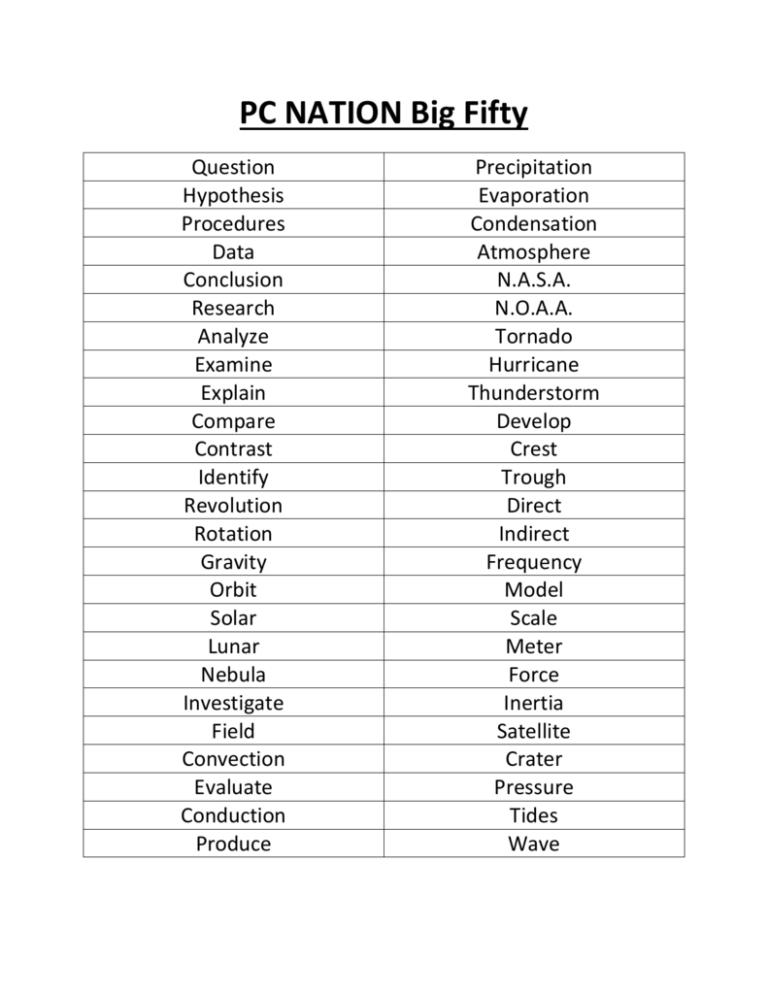
PC NATION Big Fifty Question Hypothesis Procedures Data Conclusion Research Analyze Examine Explain Compare Contrast Identify Revolution Rotation Gravity Orbit Solar Lunar Nebula Investigate Field Convection Evaluate Conduction Produce Precipitation Evaporation Condensation Atmosphere N.A.S.A. N.O.A.A. Tornado Hurricane Thunderstorm Develop Crest Trough Direct Indirect Frequency Model Scale Meter Force Inertia Satellite Crater Pressure Tides Wave PC NATION BIG FIFTY Directions: If the word is not defined, use the black or red textbook to define it. 1. Question/ Problem: What is the purpose? What are we trying to solve? 2. Hypothesis: An educated guess or prediction, that can be tested. - If, Then, and Because .(If, is a fact. It is something you will do. Then, your guess of what will happen. Because tells you why you think it will happen.) 3. Procedures: The steps you took to complete the activity. (HAVE TO BE DETAILED) -They can be written, or drawn. 4. Data/ Making Observations: What you observe before, during, and after the activity. 5. Conclusion: What is the result? Did it prove or disprove your hypothesis? 6. Research: systematic inquiry or investigation into a subject in order to discover facts. 7. Analyze: to examine critically. 8. Examine: to inspect or scrutinize carefully. 9. Explain: to make clear and known in detail. 10. Compare: to examine in order to note similarities and differences. 11. Contrast: to compare in order to show unlikeness or differences. 12. Identify: to recognize or establish as being a particular person or thing. 13. Revolution: the movement of an object around another object. 14. Rotation: the spinning motion of a planet on its axis. 15. Gravity: the force that pulls objects toward each other. 16. Orbit: the path of an object as it revolves around another object in space. 17. Solar: of or pertaining to the sun. 18. Lunar: of or pertaining to the moon. 19. Nebula: large cloud of gas and dust in space, spread out in an immense volume. 20. Investigate: to examine, study, or inquire into. 21. Field: an outdoors location for an investigation. 22. Convection: the transfer of thermal energy by the movement of a fluid. 23. Evaluate: to judge or determine the significance. 24. Conduction: the direct transfer of thermal energy from one substance to another substance that it is touching. 25. Produce: to create, make, or manufacture. 26. Meter: A unit of measure on the metric system equivalent of 39 inches. 27. Indirect: Not in a direct path; deviating from a straight line. 28. Direct: Proceeding in a straight line or by the shortest course. 29. Trough: The lowest part of a wave. 30. Crest: The highest part of a wave. 31. Develop: To cause to grow or expand or bring out the possibilities. 32. N.O.A.A.: National Oceanic and Atmospheric Administration 33. Precipitation: any form of water that falls from clouds and reaches Earth’s surface. 34. Evaporation: the process by which water molecules in liquid water escape into the air as water vapor. 35. Condensation: the process by which molecules of water vapor in the air become liquid water. 36. Atmosphere: the envelope of gases that surrounds a planet. 37. N.A.S.A.: National Aeronautics and Space Administration. 38. Tornado: A rapidly whirling, funnel shaped cloud that reaches down from a storm cloud to touch Earth’s surface 39. Hurricane: A tropical storm that has winds of about 119 kilometers per hour or higher 40. Thunderstorm: A small storm often accompanied by heavy precipitation and frequent thunder and lightning. 41. Frequency: The number of waves that pass a specific point in a given amount of time. 42. Model: a standard or example for imitation or comparison. 43. Scale: Used to compare distance on a map or globe to distance on earth’s surface. 44. Force: A push or pull exerted by an object. 45. Inertia: the tendency of an object to resist a change in motion. 46. Satellite: An object that revolves around another object in space. 47. Crater: A large round pit caused by the impact of a meteoroid. 48. Pressure: The force exerted on a surface divided by the total area over which the force is exerted. 49. Tides: The daily rise and fall of Earth’s waters on its coastlines. 50. Wave: The movement of energy through a body of water.
